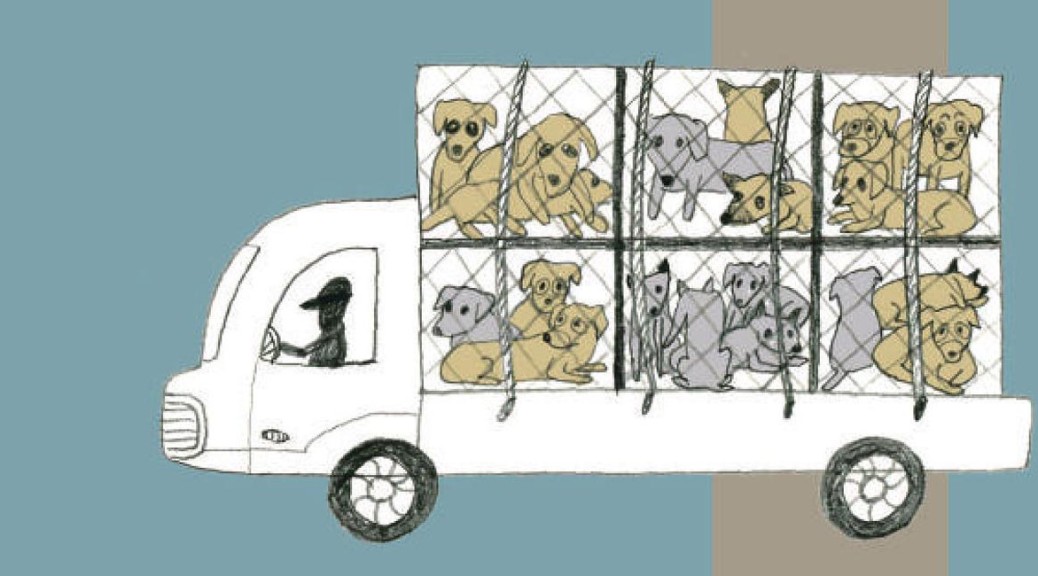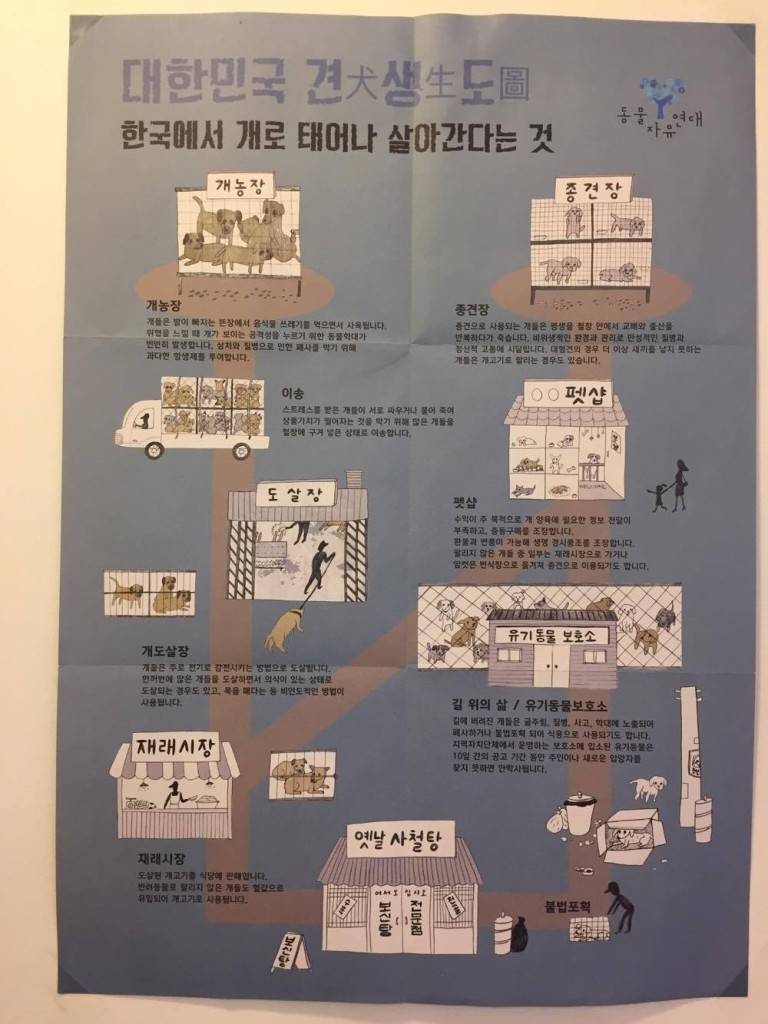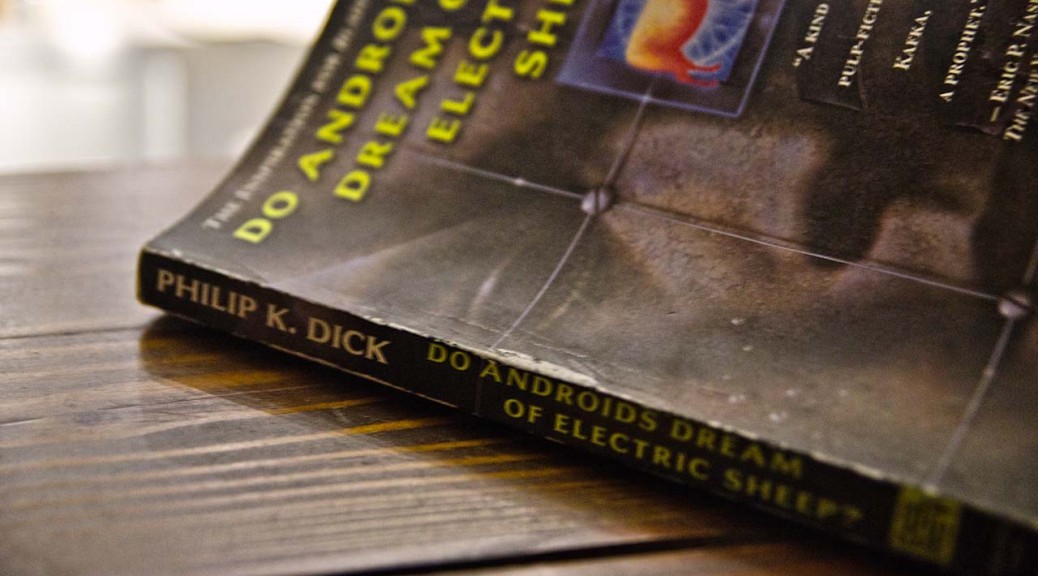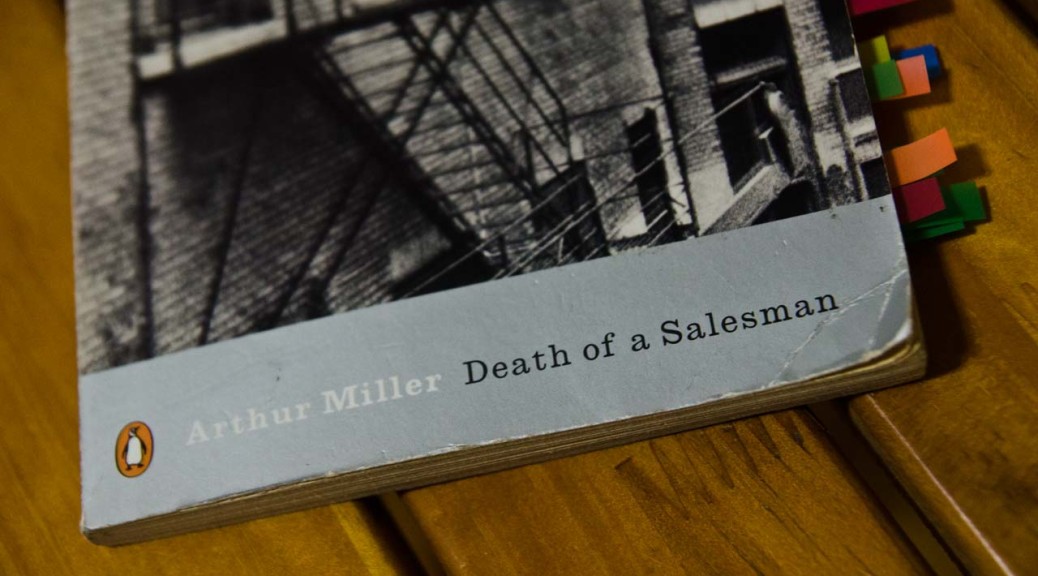Category Archives: notes
Nobel Laureates 1989-1985
Camilo José Cela 1989
Spain (novel/short story) (see Generacion del 36 and tremendismo)
The Family of Pascual Duarte (La familia de Pascual Duarte), La colmena, San Camilo, 1936
نجيب محفوظ Naguib Mahfouz 1988
Egypt (novel/short story/screenplay)
ثلاثية القاهرة The Cairo Trilogy (Palace Walk بين القصرين, Palace of Desire قصر الشوق, Sugar Street السكرية [Novels named after actual streets in Cairo,])
Ио́сиф Алекса́ндрович Бро́дский Joseph Brodsky 1987
US/Soviet Union (poetry/essay)
Less Than One: Selected Essays, Collected Poems in English, 1972–1999, To Urania : Selected Poems, 1965–1985
Akinwándé Oluwolé Babátúndé Sóyinká Wole Soyinka 1986
Nigeria (drama/novel/poetry)
Season of Anomy, The Interpreters, Death and the King’s Horseman
Claude Simon 1985
France/Madagascar (novel)
Nobel Laureates 2015-2010
Svetlana Alexievich 2015
Belarus (born in Ukraine SSR) (Soviet history/essay)
Work: Zinky Boys: Soviet Voices from the Afghanistan War, Voices from Chernobyl: The Oral History of a Nuclear Disaster
Patrick Modiano 2014
France (novel)
Work: Lacombe, Lucien (1974) (screenplay), The Occupation Trilogy
Alice Munro 2013
Canada (short story)
Work: Dance of the Happy Shades, Who Do You Think You Are?, The Progress of Love
管謨業 Mo Yan 2012
China (novel/short story)
Work: 红高粱家族 Red Sorghum, 丰乳肥臀 Big Breasts & Wide Hips, 酒国 The Republic of Wine:
Tomas Tranströmer 2011
Sweden (poetry/translation)
Work: Baltics, For the Living and the Dead, The Great Enigma
Mario Vargas Llosa 2010
Peru/Spain (essay/novel)
La ciudad y los perros, García Márquez: historia de un deicidio (essay)

fireworks

Life Map of Dogs in Korea
 See more at Animals.co.kr and 동물자유연대/ Korean Animal Welfare Association page.
See more at Animals.co.kr and 동물자유연대/ Korean Animal Welfare Association page.
Kumiko
Watched Kumiko, the Treasure Hunter (2014). Dir. David Zellner. DP: Sean Porter. Music: The Octopus Project.

Do Androids Dream of Electric Sheep?
Dick, Philip K. Do Androids Dream of Electric Sheep? New York: Del Rey, 1996. (First. ed 1968)
“But a mood like that,” Rick said, “you’re apt to stay in it, not dial your way out. Despair like that, about total reality, is self-perpetuating.” p. 6
“First, strangely, the owls had died. At the time it had seemed almost funny, the fat, fluffy white birds lying here and there, in yards and on streets; coming out no earlier than twilight, as they had while alive, the owls escaped notice. Medieval plagues had manifested themselves in similar way, in the form of many dead rats. This plague, however, had descended from above.” p. 15-16
“An android, no matter how gifted as to pure intellect capacity, could make no sense out of the fusion which took place routinely among the followers of Mercerism–an experience which he, and virtually everyone else, including subnormal chickenheads, managed with no difficulty.” p. 30
“Empathy, evidently, existed only within the human community, whereas intelligence to some degree could be found throughout every phylum and order including the arachnida. For one thing, the empathic faculty probably required an unimpaired group instinct; a solitary organism, such as a spider, would have no use for it; in fact it would tend to abort a spider’s ability to survive.” p. 30-31.
“Because, ultimately, the empathic gift blurred the boundaries between hunter and victim, between the successful and the defeated.” p. 31
“It retiring–i.e., killing–and andy, he did not violate the rule of life laid down by Mercer. You shall kill only the killers, Mercer had told them the year empathy boxes first appeared on Earth.” p. 31
“For Rick Deckard an escaped humanoid robot, which had killed its master, which had been equipped with an intelligence greater than that of many human beings, which had no regard for animals, which possessed no ability to feel empathic joy for another life form’s success or grief at its defeat–that, for him, epitomized The Killers. p. 32
“She indicated the owl dozing on its perch; it had briefly opened both eyes, yellow slits which healed over as the owl settled back down to resume its slumber.” p. 43
“Kipple is useless objects, like junk mail or match folders after you use the last match or gum wrappers or yesterday’s homeopage. When nobody’s around, kipple reproduces itself. For instance, if you go to bed leaving any kipple around your apartment, when you wake up the next morning there’s twice as much of it. It always gets more and more.” p. 65
***””No one can win against kipple,” he said, “except temporarily and maybe in one spot, like in my apartment I’ve sort of created stasis between the pressure of kipple and nonkipple, for the time being. But eventually I’ll die or go away, and then the kipple will again take over. It’s a universal principle operating throughout the universe; the entire universe is moving toward a final state of total, absolute kippleization.” He added, “Except of course for the upward climb of Wilbur Mercer.”” p. 65-66
“Every day he declined in sagacity and vigor. He and the thousands of other specials throughout Terra, all of them moving toward the ash heap. Turning into living kipple.” p. 73
“This rehearsal will end, the performance will end, the singers will die, eventually the last score of the music will be destroyed in one way or another; finally the name “Mozart” will vanish, the dust will have won.” p. 98
“An android,” he said, “doesn’t care what happens to another android. That’s one of the indications we look for.” p. 101
quondam
“disemelevatored” p. 126
Edvard Munch

Edvard Munch | The Scream (1893)
“The creature stood on a bridge and no one else was present; the creature screamed in isolation. Cut off by–or despite–its outcry.” p. 130

Edvard Munch | Puberty (1894-95)
Puberty. 1894-95 p. 131, 133
“She was really a superb singer, he said to himself as he hung the receiver, his call completed. It don’t get it; how can a talent like that be a liability to our society? But it wasn’t the talent, he told himself; it was she herself.” p. 137
“”You realize,” Phil Resch said quietly, “what this would do. If we include androids in our range of empathic identification, as we do animals.”
“We couldn’t protect ourselves.”” p. 141
“He had an indistinct, glimpsed darkly impression: of something merciless that carried a printed list and a gun, that moved machine-like through the flat, bureaucratic job of killing. A thing without emotions, or even a face; a thing that if killed got replaced immediately by another resembling it. And so on, until everyone real and alive had been shot.” p. 158
“But what does it matter to me? I mean, I’m a special; they don’t treat me very well either,” p. 163 (Isidore to Roy Baty)
“Rick said, “I took a test, one question, and verified it; I’ve begun to emphathize with androids,” p. 174
“The old man said, “You will be required to do wrong no matter where you go. It is the basic condition of life, to be required to violate your own identity. At some time, every creature which lives must do so. It is the ultimate shadow, the defeat of creation” p. 179
“Mercer talked to me but it didn’t help. He doesn’t know any more than I do. He’s just an old man climbing a hill to his death.” p. 179
“Do androids dream? Rick asked himself. Evidently: that’s why they occasionally kill their employers and flee here. A better life, without servitude.” p. 184
“this android stole, and experimented with, various mind-fusing drugs, claiming when caught that it hoped to promote in an androids a group experience similar to that of Mercerism,” p. 185
“Because without the Mercer experience we just have your word that you feel this empathy business” p. 209
“”The legs of toads are weak,” Rick said. “That’s the main difference between a toad and a frog, that an water. A frog remains near water but a toad can live in the desert” p. 240
“”The killers that found Mercer in his sixteenth year, when they told him he couldn’t reverse time and bring things back to life again. So now all he can do is move along with life, going where it goes, to death.” p. 242
Stanley Kubrick: Interviews, and BIFF Cinema Library
Found the Cinema Library at BIFF hill. shhhhh. no backpacks.
Stanley Kubrick Interviews by Gene D. Phillips.
“Kubrick is fiercely concerned with the accuracy of the small details that make up the background of his films, because he feels that helps the audience to believe what they see on screen.” viii
“Kubrick sometimes nursed ideas over long periods before he was able to bring them to fruition.” viii
“directing a film can be like trying to write War and Peace in a bumper car at an amusement park, when you finally get it right, there are not many joys in life that can equal that feeling.” p. xii
Dream Story by Arthur Schnitzler
Clean Break by Lionel White
To Read at the library:
book of essays and interviews on Wes Anderson
World Cinema by Geoffrey Nowell-Smith
John Ford
Planet Hong Kong by David Bordwell
Print the Legend: The Life and Times of John Ford by Scott Eyman
The Passion of David Lynch
books on Stanley Kubrick
Interviews with Scorsese, Ridley Scott, Kubrick, Bertolucci, Michael Mann.
books on Kurosawa
Lock, Stock and Two Smoking Barrels screenplay
Mediated Sex: Pornography and Postmodern Culture.
Goodfellas script
books on Cinematography
Eyes Wide Shut screenplay
The Making of Blade Runner
Boogie Nights script
Dark City (book on film noir)

Death of a Salesman
Miller, Arthur. Death of a Salesman. London, England: Penguin Classics, 2000. Print. [First ed. 1949.]
WILLY: Figure it out. Work a lifetime to pay off a house. You finally own it, and there’s nobody to live in it.” p. 10
“He like his brother, is lost, but in a different way, for he has never allowed himself to turn his face toward defeat and is thus more confused and hard-skinned, although seemingly more content.” p. 14
BIFF: … To sufferer fifty weeks of the year for the sake of a two-week vacation, when all you really desire is to be outdoors, with your shirt off. And always to have to get ahead of the next fella. And still -that’s how you build a future.” p. 16
HAPPY: … “And it’s crazy. But then, it’s what I always wanted. My own apartment, a car, and plenty of women. And still, goddammit, I’m lonely.” p. 17
HAPPY: “You honest I am, but it’s like this girl, see. I hate myself for it. Because I don;t want the girl, and, still, I take it and – I love it!” p. 19
WILLY: “What’s the mystery? The man knew what he wanted and went out and got it! Walked into a jungle, and comes out, the age of twenty-one, and he’s rich! The world is an oyster, but you don’t crack it open on a mattress!” p. 32
WILLY: “A man who can’t handle tools is not a man. You’re disgusting.” p. 34
Charley “He is utterly certain of his destiny, and there is an aura of far places about him. He enters exactly as WILLY speaks.” p. 34
WILLY: I gave them hell, understand. But I got a couple of fearless characters there.
CHARLEY: Willy, the jails are full of fearless characters. p. 39
HAPPY: Sure you will. The trouble with you in business was you never tried to please people. p. 47
WILLY: And don’t say ‘Gee’. ‘Gee’ is a boy’s word. A man walking in for fifteen thousand dollars does not say ‘ Gee’! p. 51
WILLY: … It’s not what you say, it;s how you say it — because personality always wins the day. p. 51
[The light on WILLY is fading. The gas heater begins to glow through the kitchen wall, near the stairs, a blue flame beneath red coil.] p. 54
WILLY: God knows, Howard, I never asked a favour of any man. But I was with the firm when your father used to carry you in here in his arms. p. 62
WILLY: … when he died — and by the way he died the death of a salesman, in his green velvet slippers in the smoker of the New York, New Haven, and Hartford, going into Boston — when he died, hundreds of salesmen and buyers were at his funeral. Things were sad on a lotta trains for months after that. p. 63
WILLY… and that’s the wonder, the wonder of this country, that a man can end with diamonds here on the basis of being liked! p. 68
WILLY: Well, Bill Oliver — very big sporting-goods man — he wants Bigg very badly. Called him in from the West. Long distance, carte blanche, special deliveries. Your friends have their own private tennis court? p. 72
WILLY [confidentially, desperately]: You were his friend, his boyhood friend. There’s something I don’t understand about it. His life ended after that Ebbets Field game. From the age of seventeen nothing good ever happened to him.
BERNARD: He never trained himself for anything. p. 72
WILLY [as CHARLEY takes out his wallet]: The Supreme Court! And he didn;t even mention it!
CHARLEY [counting out money on the desk]: He don’t have to — he’s gonna do it. p. 75
CHARLEY: Willy, when’re you gonna realize that them things don’t mean anything? You named him Howard, but you can’t sell that. The only thing you got in this world is what you can sell. And the funny thing is that you’re salesman and you don’t know that. p. 76-77
CHARLEY: Why must everybody like you? Who liked J.P. Morgan? Was he impressive? In a Turkish bath he’d looked like a butcher. But with his pockets on he was very well liked. p. 77
BIFF [turning]: Exactly what is it that you want from me?
WILLY: I want you to know, on the train, in the mountains, in the valleys, wherever you go, that you cut down your life for spite! p. 103
BIFF: And I never got anywhere because you blew me so full of hot air I could never stand taking orders from anybody! That’s whose fault is it! p. 104
BIFF: … What am I doing in an office, making a contemptuous, begging fool of myself, when all I want is out there, waiting for me the minute I saw I know who I am! Why can’t I say that, Willy? p. 105
BEN: The jungle is dark but full of diamonds, Willy. p. 106
BIFF: He had the wrong dreams. All, all, wrong.
HAPPY [almost ready to fight BIFF]: Don’t say that!
BIFF: He never knew who he was.
CHARLEY [stopping HAPPY’S movement and reply. To BIFF]: Nobody dast blame this man. You don’t understand; Willy was a salesman. And for a salesman, there is no rock bottom to the life. He don’t put a bolt to a nut, he don’t tell you the law or give you medicine. He’s a man way out there in the blue, riding on a smile and a shoeshine. And when they start not smiling back — that’s an earthquake. And then you get yourself a couple of spots on your hat, and you’re finished. Nobody dast blame this man. A salesman is got to dream, boy. It comes with the territory. p. 110-111
Dadaepo Beach
Took the 1001 bus to Dadaepo beach. Read Death of a Salesman on my way there. At a little boat shack by the sea I rented a yellow kayak. I had wanted a sailboat but dinghy rentals were done for the season. I left the dock and paddled out to an area that was full of jumping fish. They were blue with white bellies and they shot out of the water haphazardly. They looked like little blue rockets, and they rose from the sea, imperfectly launched, slanting to one side, with their flight path quickly capping out. Their bodies static and their tails fanning air, descending and disappearing back in the water.
Above me low flying aircraft kept rumbling by as they approached Gimhae airport. From the mouth of the Nakdong a fleet of middleaged jetskiers came roaring my way. They closed in on me, jumping, breaking waves, playing out cowboy fantasies, chasing ghosts and imoogies east. Perhaps reenacting ancient sea battles. They passed me, looked at me, they likely craved encouragement– a thumbsup, a gogetthem. Then they disappeared behind the southernmost tip of Busan. Their wake rocked the yellow kayak and disturbed the sea around me. Once the water settled, the jumping fish resumed their exercises.


